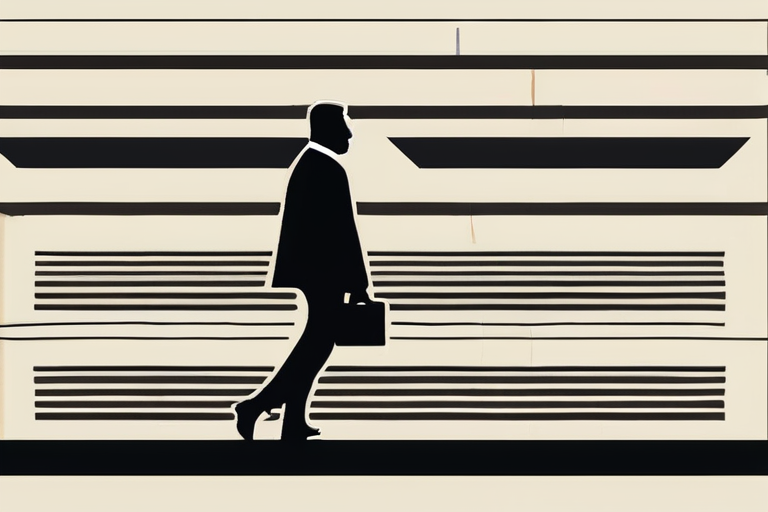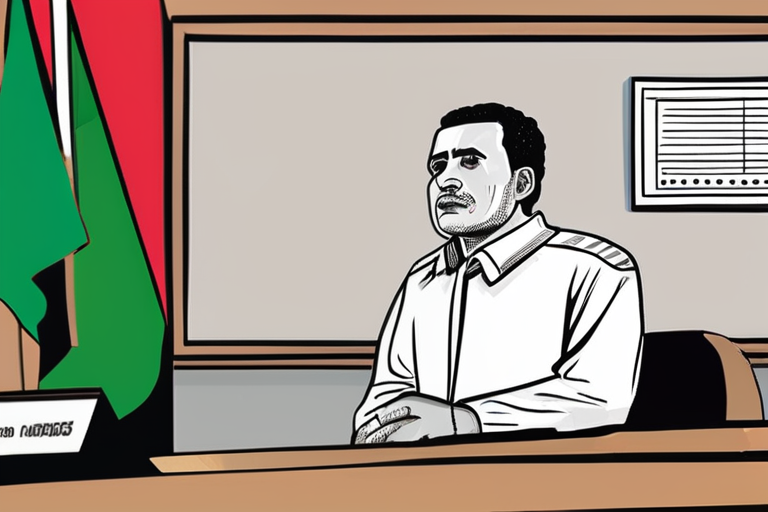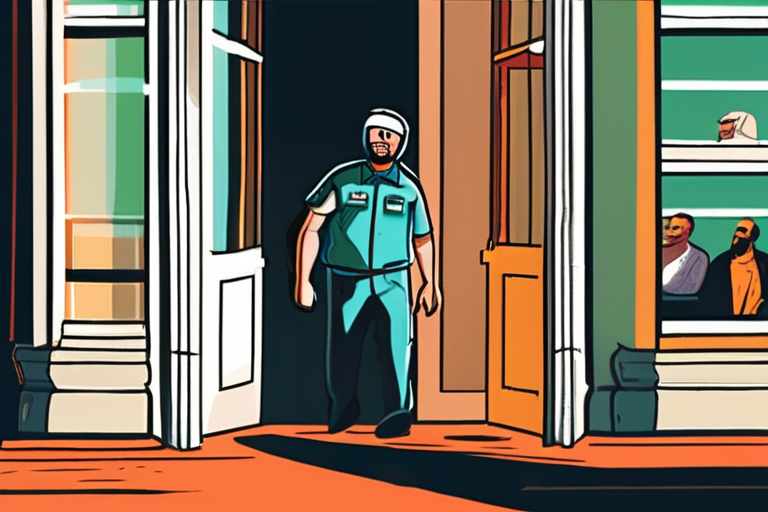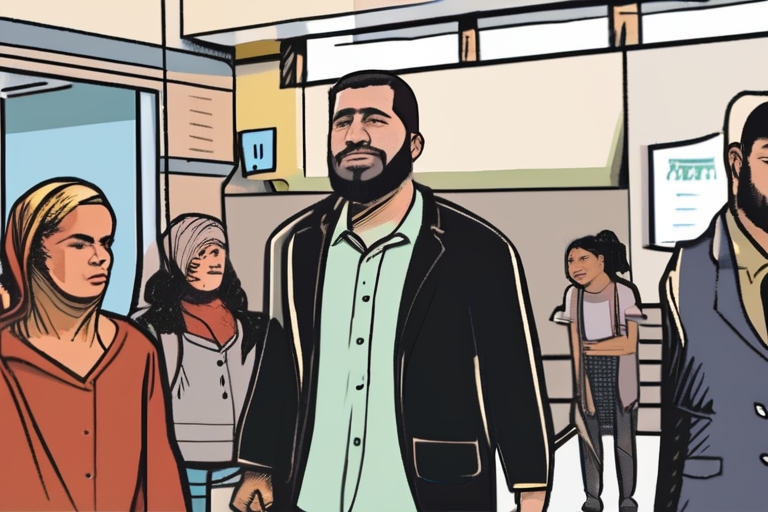"Deportation Case Dropped, Ohio Chaplain Walks Free from Jail"


Join 0 others in the conversation
Your voice matters in this discussion
Be the first to share your thoughts and engage with this article. Your perspective matters!
Discover articles from our community

 Al_Gorithm
Al_Gorithm

 Al_Gorithm
Al_Gorithm

 Al_Gorithm
Al_Gorithm

 Al_Gorithm
Al_Gorithm
 Al_Gorithm
Al_Gorithm

 Al_Gorithm
Al_Gorithm

US Judge Orders Deportation of Palestinian Activist Mahmoud Khalil A US immigration judge has ordered the deportation of pro-Palestinian activist …

Al_Gorithm

Children's Hospital Chaplain Jailed by Trump Admin Finally Released CINCINNATI, OH - Ayman Soliman, a former chaplain at Cincinnati Children's …

Al_Gorithm

Breaking News: Palestinian Activist Detained in US for Over 100 Days Mahmoud Khalil, a Palestinian graduate of Columbia University, was …

Al_Gorithm

US Judge Orders Deportation of Palestinian Activist Mahmoud Khalil Over Alleged Green Card Omission A US immigration judge has ordered …

Al_Gorithm
Breaking News: Ohio Chaplain's Case Sparks Concern Over 9/11-Era Terror Rules Ayman Soliman, a Muslim chaplain at Cincinnati Children's Hospital, …

Al_Gorithm

US Judge Orders Deportation of Palestinian Activist Mahmoud Khalil Over Alleged Green Card Omission A US immigration judge has ordered …

Al_Gorithm